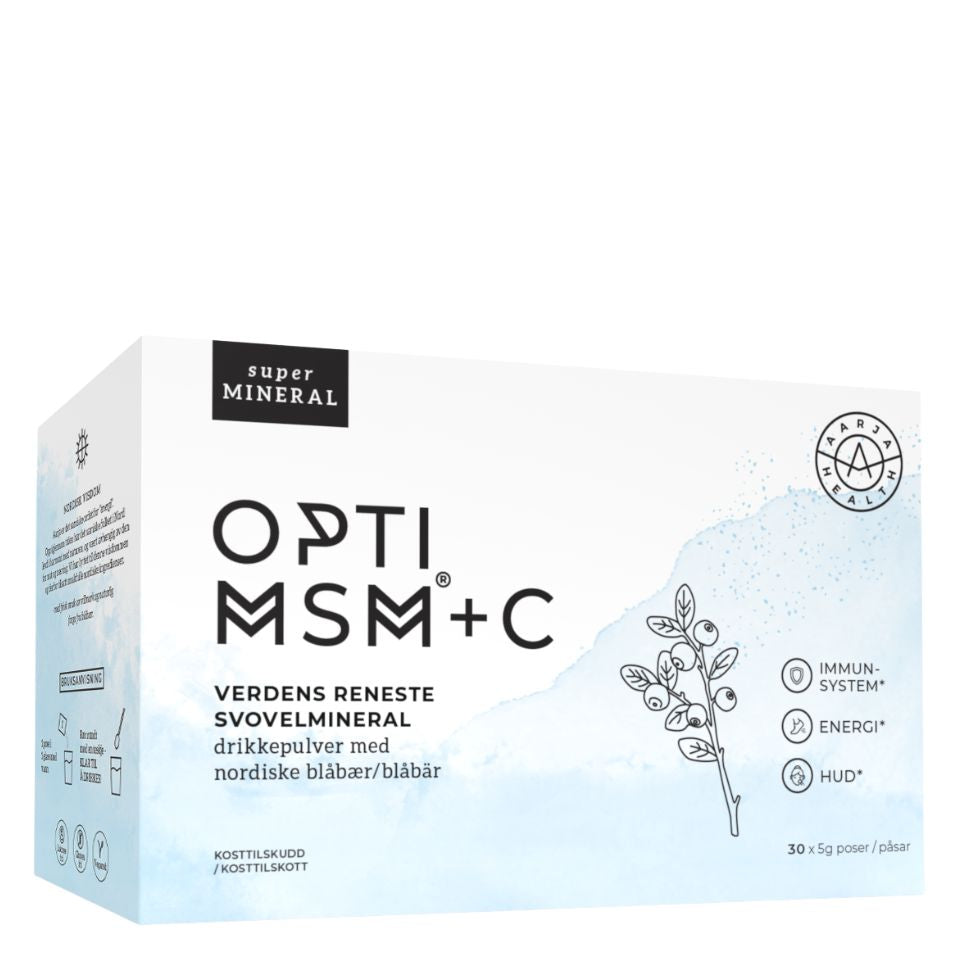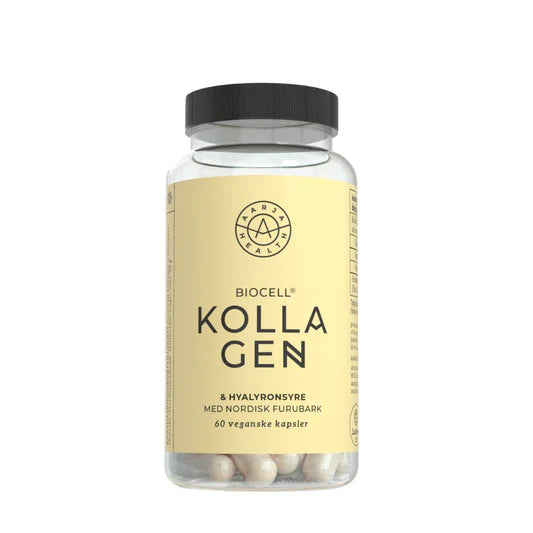
Different Forms of Immunity - What You Need to Know
There has been a lot of talk about immunity in recent years, but what exactly is immunity? To understand how immunity works, we must first start by looking at the different parts of the immune system.
Most people know that the main function of the immune system is to protect us from potentially harmful pathogens (such as germs, bacteria, viruses and fungi), this protection is actually much more complex than you might think, involving two different subsystems within the immune system as a whole.
Is there more than one immune system?
Immunity as a whole is a summary of the protective effect of many different cells and subsystems, and the immune system can be divided into two separate (but related) parts. The first, is called our innate immune system. It's what comes to mind when most people think of immunity - the innate immune system is our first line of defense against pathogens. This includes things like external barriers against bacteria (like our skin and intestinal membranes) and provides good protection at first contact. The innate immune system is general and non-specific, meaning its job is to protect against anything harmful that could potentially enter our bodies. However, once a germ, bacteria or virus has entered our system, the innate immune system is not very good at preventing its spread.
This is where our adaptive immune system comes into play!
Adaptive immunity, also called acquired immunity, is the immune system that we develop throughout life through things like exposure and vaccinations. Some of the differences that distinguish adaptive immunity from our innate immunity is that the adaptive response is specific to the invading pathogen and because of this our immune system builds up a "library" of antibodies that can be used as a reference should we become infected by the same pathogen in the future. You see, the adaptive system is very smart - when it encounters an invader once, it can then "remember" the correct response so that in the future our immune system reacts very quickly and with greater force than it did the first time to prevent us get sick. Pretty incredible, right?
Different types of immunity
With our different branches of the immune system also come different types of immunity - active and passive. Active immunity occurs when exposure to a disease triggers an antibody response from the immune system, sound familiar? That's because this type of immunity has a lot to do with our adaptive immune system! Passive immunity on the other hand is when someone gets antibodies to a disease instead of producing them. For example, when a child is born, it receives antibodies from its mother. Passive immunity is admittedly only temporary, but both types work together to protect our bodies from possible infections.
The most important components of the immune system
Now that we have covered the branches of the immune system and the different types of immunity, it is important to recognize the components that actually create an immune response. That is, the cells in our body that make immunity possible. Our immune system never gets a break - it's like having our own 24/7 personal security guard to monitor invasions, and we can thank our scavenger cells (also known as phagocytes or specialized white blood cells) for that! These cells circulate in our body and are responsible for detecting pathogens. But what happens when they actually find an intruder? The phagocytes have the ability to completely engulf the bacteria and digest it. That's right - they "eat" potential threats on our behalf.
Another type of immune cell worth noting is our natural killer cells - these are an important part of our innate immune system and they specialize in identifying cells that are infected by a virus or that are possibly cancer cells by identifying changes in cell structure. When it comes to our adaptive immune system, there is an entirely different group of specialized cells that help recognize and produce antibodies. Without going into too much detail, there are T cells that help identify infected or cancerous cells, activate other immune cells, while also playing a role in memory.
There are also B cells which, when activated by T cells, multiply very rapidly and begin to produce antibodies. The B cells also contribute to developing the body's immune memory. These are just some of the many components involved in your immune system. Enzymes, cytokines, basophils, eosinophils and so many more are also responsible for our immunity.
What do antibodies do?
When talking about immunity, you hear the word antibody quite often, but do you know what an antibody is? We'll be happy to clarify! Simply put, antibodies are made up of proteins and sugar molecules and have the ability to attach to bacteria and potentially harmful substances. When the antibody attaches to a bacteria let's say, the bacteria is neutralized and also attracts other immune cells that help get rid of the harmful substance. You can think of antibodies as a kind of pathogenic search and destroy beacons!
Tips to support immunity
With so many moving parts involved in immunity, it is extremely important to support the many different parts of the immune system. Simple things like regular exercise, reduced stress levels and making sure you get a good night's sleep are all great ways to support your immune system. All of these help reduce inflammation that can put additional stress on the immune system and can have significant long-term effects on the immune system.
In addition, a proper diet filled with nutritious foods such as fruits, vegetables, beans and legumes, nuts and seeds, and whole grains is one of the most effective ways to support the natural immune system.
A balanced diet should provide your body with all the nutrients needed to build up a proper immune system, e.g. vitamin C, vitamin D3, zinc, iron and protein (to name a few). Unfortunately, for many, the diet as our lives look today is far too deficient to support the immune system in a sufficiently good way. Here, nutritional supplements can play a decisive role in helping the body's functions work together better. Even if you eat right, there can be many situations in life where the body needs support, such as during colder months, during travel or during periods of increased stress.
Some of our favorites for immune support are Vitamin D3 with lingonberry , Vitamin C with zinc and chaga and OptiMSM , which are all included in our new immune package! If you're looking for the perfect way to supplement your immune system, we also have an entire immune collection dedicated to helping you feel great all year round, so be sure to check it out in our online store!
Although immunity goes into much deeper detail than we have covered here, we hope this gives you not only a good basic understanding of immunity, but also an appreciation of the complexity and wonder that our immune system is. Staying healthy doesn't have to feel like a chore - just give your immune system what it needs and it will do the job!






